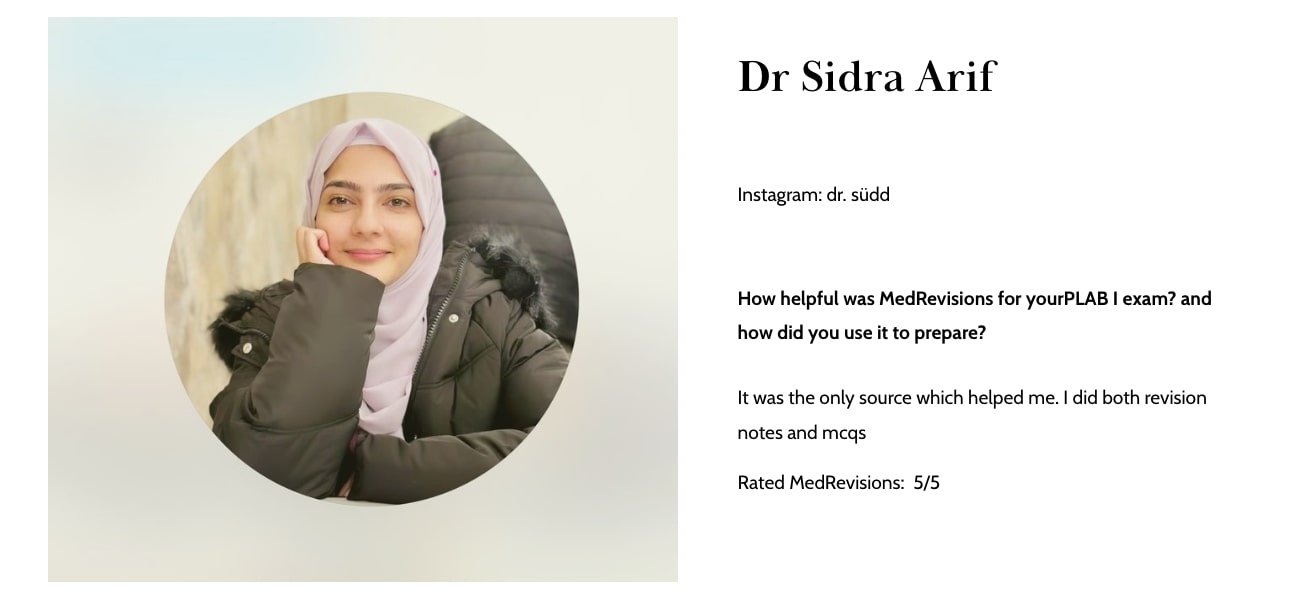Q70: Nephrology: PLAB/UK(MLA)/AKT Exam style question
A 64-year-old in-patient with a history of surgical removal of kidney stones is being seen by a urology registrar due to concerns about reduced urine output over the past 2 days. The patient's catheter was accidentally removed, and there is no record of urine output. They have been kept in the hospital due to a chest infection and have been treated with IV antibiotics. The patient denies pain and does not appear confused. Basic observations and blood results are as follows:
Respiratory rate: 14 breaths/min
Heart rate: 82 bpm
Blood pressure: 109/62 mmHg
Sodium: 146 mmol/L
Potassium: 4.1 mmol/L
Urea: 16 mmol/L
Creatinine: 110 µmol/L
Considering the patient's clinical and laboratory findings, what is the most appropriate next step in management?
A. Start continuous renal replacement therapy (CRRT)
B. Administer furosemide
C. Order a renal ultrasound
D. Administer intravenous (IV) fluids
E. Increase the dose of IV antibiotics
The answer is given below
The correct answer is D. Administer intravenous (IV) fluids. Here's why:
Prioritize Rehydration: The elevated sodium and slightly low blood pressure suggest dehydration. Fluid replacement is the initial priority to improve renal perfusion (blood flow to the kidneys).
Volume Status Assessment: IV fluids will help assess whether the patient will respond by increasing urine output. This is a crucial diagnostic and therapeutic step.
Why Other Options are Less Suitable
A. Start continuous renal replacement therapy (CRRT): This is too aggressive at this stage. CRRT is reserved for severe AKI unresponsive to fluids or those with significant electrolyte imbalances.
B. Administer furosemide: Furosemide (a diuretic) can worsen dehydration and further compromise kidney function. It's not appropriate without first assessing volume status.
C. Order a renal ultrasound: While an ultrasound is important to rule out obstruction, it's not the immediate priority. Fluid resuscitation takes precedence.
E. Increase the dose of IV antibiotics: There's no indication to escalate antibiotic therapy. Focus first on improving renal function.
This is a high-yield exam PLAB 1/ UKMLA question-style question. At MedRevisions, We provide questions and not only explain the correct answer, we also explain the wrong answer so you will have a comprehensive understanding of the concepts that is commonly tested in the exam. On top of that, we also provide you PLAB 1 / UKMLA exam curated notes with no additional cost.
To discuss to more PLAB or UK-MLA exam questions, Join: PLAB 1 /UKMLA exam study group
At MedRevisions, we strive hard to provide the most up-to-date content available for PLAB Part 1. We constantly add exam-style questions derived from the most recent exam and also update the content to align with the latest NICE/CKS guidelines to ensure doctors pass PLAB Part 1 or UKMLA exam with ease in ONE attempt.
Past PLAB 1 candidates reviews about MedRevisions
How to use MedRevisions effectively for the PLAB 1 exam/ UKMLA exam preparation
Previous PLAB 1 or UKMLA exam guideline update
All MedRevisions recent updates
References:
What we provide:
✅ 4800+ exam style questions
✅ Perfectly tailored exam style notes
✅ 30+ exam mocks
✅ Spaced repetition learning tool





